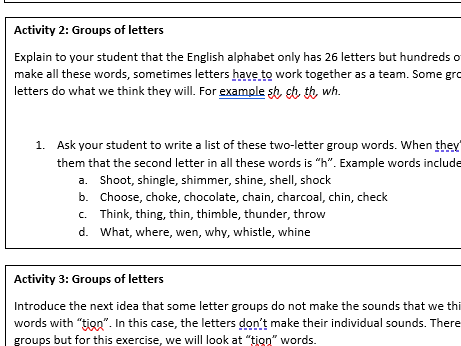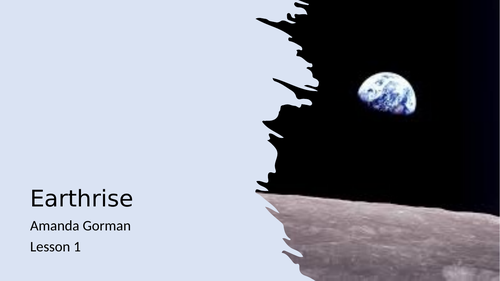Knightly English Resources
I am a secondary school English teacher with a specialist interest in literature and poetry. I also teach GCSE Media Studies and spent many years as a journalist. My resources include ranges designed for KS3 and GCSE. Full schemes of work all include detailed lesson plans, opportunities for assessment, a range of activities to suit all abilities and a selection of varied activities which can be fully adapted to match the needs of your class.



















